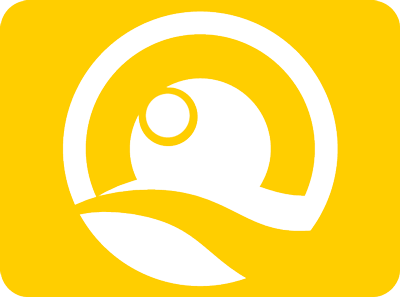S2C USBL Buoy. Fully integrated solution.
The USBL buoy is a fully integrated solution. It comprises a USBL transceiver with a built-in battery, mounted to a floating unit with an on-board PC, GNSS receiver with dual antennas, and a Wi-Fi access point.
All system components are pre-configured, calibrated and ready-to-go.
Positioning, navigation and communication for unmanned underwater vehicles
Diver tracking
Survey
Mapping
Connect several buoys in series for seamless coverage over large areas
Autonomous search
Underwater acoustic sensor networks
You can do positioning, navigation, 2-way communication for divers and unmanned underwater vehicles, tracking, autonomous search and Connect several buoys in series for seamless coverage over large areas.
NETWORK INFRASTRUCTURE
1. COASTGUARD COMMAND CENTER:
Mission control center which connects to all system modules, merges sensor data, communication, and positioning information in real-time. The Command Center recognizes and tracks objects, triggers alarms and provides relevant information on a central dashboard.
2. SEAFLOOR NODE, UNDERWATER NETWORK:
Acts as a node for an underwater
data network, provides USBL and LBL
positioning for moving underwater
objects, supports advanced network
protocols with more than 200 nodes,
will know its own absolute position once geo-referenced
3 MOBILE SURFACE NODE
(BUOY):
Acts as a surface-based node for an
underwater network, provides high-precision geo-referenced positioning for the underwater nodes, can create an own mobile network or flexibly extend an existing network
ADVANCED SENSORS
4. SENSOR NODE WITH OBJECT RECOGNITION AND ANALYTICS:
Recognizes and identifies objects of interest through sonar scans, video images, and passive sound profiling, categorizes objects based on neuronal network, identifies main object properties
5. ACOUSTIC SENSOR BUOY (USBL, HYDROPHONE)
Scans and recognizes sound profiles in passive listening mode including direction tracking, can actively ping and track objects in free water in active mode, multiple buoys can create a cross-referenced sensor network
6. SUPPORTED THIRD PARTY DEVICES
The system allows for flexible integration of proprietary sensors and/or third-party devices and vehicles. Sensors that deliver raw data can be enhanced by add-on A.I. modules that will provide object recognition and sensor fusion capabilities.
TARGET INSPECTION
7. SONOBOT 5 USV
Surface-based vehicle, patrols known and/or unknown shallow water areas, provides hydrography, provides A.I. based object recognition, can support underwater operations through surface-based inspection and mobile underwater data and positioning network
8. QUADROIN AUV
Autonomous underwater vehicle,
provides detailed sonar scans and video images of any object of interest, fully network capable to navigate in underwater data and positioning network, collision avoidance features included
9. UNDERWATER DOCKING STATION
Permanent underwater station that
acts as a garage for resident AUVs.
Underwater vehicles can access the
station, recharge, communicate via
cable-based data transfer and wait for
the next mission.
Coastguard combines high-tech capabilities in the fields of
Data communication and underwater networks
Underwater positioning
Sensor systems
Object recognition and categorization
Deployment and mission support of underwater (AUV) and surface-based (USV) vehicles
Applications:
Coordination among different assets:
a network allows to coordinate different subsea
assets, such as uncrewed vehicles, which
can then act together as a swarm to execute a
mission.
Extended communication:
networking allows to extend the communication
range by using relay nodes to transfer data from
the source to destination. Another possibility is
to change the communication path if the signal
to a node is lost due to obstacles or challenging
subsea conditions.
Access underwater nodes to collect data:
a network can enable retrieval of data from
multiple nodes using a single surface node.
Capabilities:
Develop Networking Protocols:
use the available developer tool-chains and
frameworks to create an ideal platform for development and experimentation.
Positioning:
combine reliable communication power with the
positioning options offered by EvoLogics USBL
and LBL equipment for positioning of underwater
assets.
Available for all EvoLogics S2C products,
with a wide range of hardware configurations possible
to adapt to different needs.

